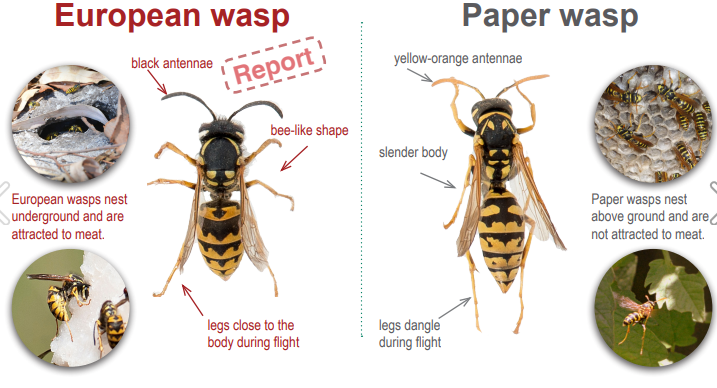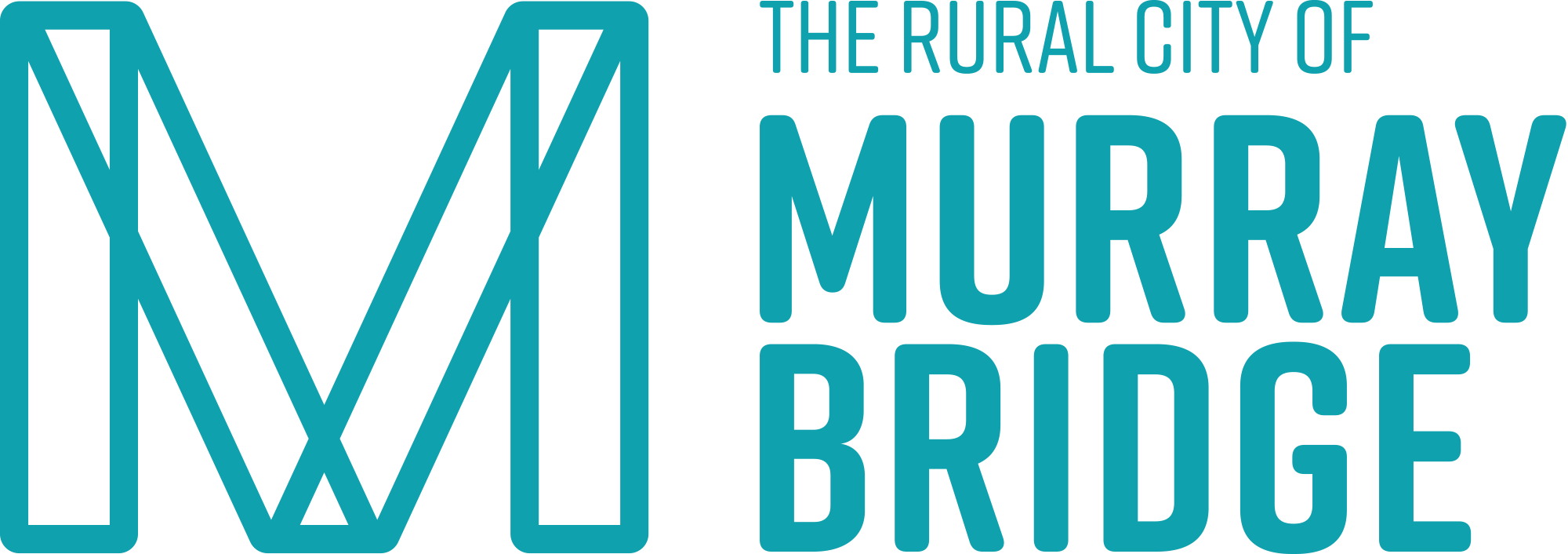General Public Health
Council's Environmental Health Officers have a duty of care to promote appropriate standards of public and environmental health under the South Australian Public Health Act 2011 and associated Regulations. They advocate public health through the prevention of disease, education programs, environmental health protection and the control of insanitary conditions.
Council’s Environmental Health Officers investigate severe domestic squalor and hoarding cases. A Foot in the Door: Stepping towards solutions to resolve incidents of sever domestic squalor in South Australia is the guideline that officers use to assist in investigating referrals or complaints of this nature.
These cases require an interagency approach, and Council only plays one part in assisting resolve these cases. Council’s main function is from a regulatory perspective, as detailed in the South Australian Public Health Act 2011.
If you have concerns regarding someone’s living conditions please contact Council’s Environmental Health Team, or one of the agencies mentioned in the below links.
If you are a business that provides hairdressing, beauty or skin penetration services to the community you have a responsibility to ensure that safe and hygienic practices are implemented. All businesses must be aware of the Guidelines on the Safe and Hygienic Practice of Skin Penetration and/or the Guidelines on the Public Health Standards of Practice for Hairdressing.
Please contact Council’s Health Team for further advice.
SA Health Website – hairdressing, beauty and skin penetration
Certain businesses and premises contain manufactured water systems that have the potential to grow and release Legionella. This type of bacteria, if inhaled, can develop into Legionnaires’ disease which is a pneumonia type disease.
The South Australian Public Health (Legionella) Regulations 2013 set out requirements for the registration of these high risk manufactured water systems (HRMWS). Common examples include cooling water and warm water systems. Operators and owners have the responsibility to ensure that these systems are maintained and annually audited.
Councils EHOs play a role in the investigation of disease outbreaks. State Government take the lead in these investigations, and Council will assist if required.
Access to safe drinking water is an important factor in maintaining public health. Legislation for Safe Drinking Water was implemented in 2013, and requires registration of drinking water providers. This legislation assists in ensuring that water suppliers meet the requirements of the Australian Drinking Water Guidelines.
Examples of drinking water providers include, SA Water, operators of independent water supplies, water carters, and premises/facilities that provide drinking water (i.e. hospitals, camp sites, food premises).
If you believe you may be a drinking water provider please contact SA Health’s Water Quality Unit for further advice. The below website links provide additional information:
Vermin, pests and animals
Environmental Health Officers can provide advice on the identification and possible control of vermin around the home. Where it can be shown that the source of the vermin is the keeping of poultry or birds, action can be taken under the Local Nuisance and Litter Control Act to control the source of the infestation. If it can be shown that the source is perhaps the condition of a property, then action can be taken under the SA Public Health Act.
European Wasps
In order for the nests to be destroyed you need to locate the nest. Tracking and finding wasp nests is the responsibility of the landholder.
Once the nest is located you will need to contact a licensed pest technician to have the nest destroyed.
The difference between a European Wasp and other wasps is significant. Below is a photo of European Wasp compared to a Paper Wasp.

Reference: https://www.facebook.com/CityofSwan/photos/pcb.882812128562365/882811081895803/?type=3&theater
Fruit Flies
Fruit flies are the world's worst fruit pest. They appear on nearly every continent and millions of dollars are spent annually on their control and eradication.
South Australia is the only mainland state free of fruit flies. Outbreaks can only occur if travellers carry infested fruit and vegetables across our borders from other States or if infested commercial consignments are introduced. The movement of produce into South Australia is restricted to commercial shipments that are certified free of fruit fly.
Our fruit fly awareness program focuses on community participation. We urge residents and visitors to the state not to bring fruit and vegetables across state borders into South Australia and to report all maggots found in produce to the Fruit Fly Hotline 1300 666 010.
Rats and Mice
Council does not provide pest control services to properties with a rat or mice issue. If you are experiencing issues with mice please contact a pest control service or implement self-monitored pest control measures to deal with the infestation.
